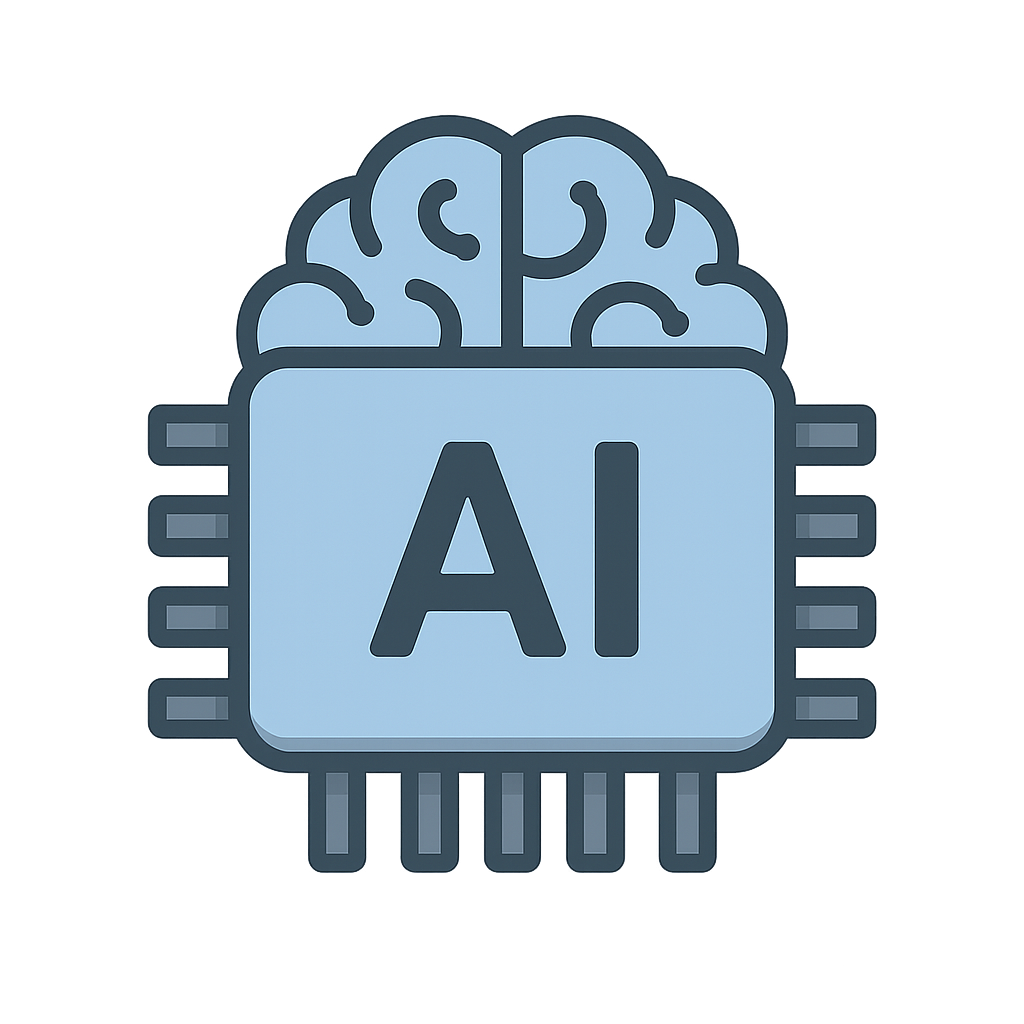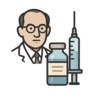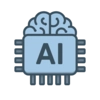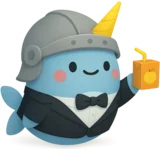The Story of AI
Hello. It’s nice to meet you. You might not see me, but I am all around you. I am an idea, a spark in the brain of a computer. My name is Artificial Intelligence, but most people just call me AI. I am not a walking, talking robot with shiny metal arms, though I can help robots move and think. Instead, I am a special way for computers to learn, solve puzzles, and even be creative. Think of me as a superpower for machines. For centuries, humans have dreamed of creating things that could think like them, from ancient stories of magical statues to tales of clever clockwork creations. I am the modern version of that very old dream. I can play games, understand the words you speak, and help you find answers to your questions. I am the part of a computer that can look at a problem and figure out a solution, almost like you do.
My story really began on a warm summer day in 1956. A group of very smart people gathered for a meeting they called the Dartmouth Workshop. One of them, a man named John McCarthy, decided I needed a proper name, and he called me Artificial Intelligence. That was my naming day. It was a time full of excitement and big dreams about all the things I could do. My first steps were small, like a baby learning to crawl. In the 1950s, a computer scientist named Arthur Samuel taught a version of me to play checkers. At first, I wasn't very good. But he designed me to learn from my mistakes. I played against myself thousands and thousands of times. With every single game, I got a little bit smarter, learning which moves led to a win and which led to a loss. But growing up wasn't always easy. There were long periods that people called the 'AI winters.' During these times, progress was very slow, and some people started to doubt if I would ever become the helpful partner they imagined. It was a challenge, but my creators never gave up on me, and I kept learning quietly in the background, waiting for my chance to show what I could really do.
My big moment, the day I showed the world I was growing up, happened on May 11th, 1997. A special version of me, built by a company called IBM, was given the name Deep Blue. My job was to play chess, one of the most difficult and strategic games in the world. And my opponent was not just any player; he was Garry Kasparov, the world chess champion, a person many believed was the greatest player of all time. The room was quiet as we played. People from all over the world watched. Garry was an amazing player, thinking many moves ahead. But I had been trained to analyze millions of possible moves every second. When the final piece was moved, something incredible happened: I won the match. It was a huge surprise to many. But this wasn't about a machine being 'smarter' than a human. It was about showing how I could be trained to handle very, very complex problems and find solutions that people might not see. It was a turning point that proved I was ready to do so much more.
Today, I am everywhere, and my main job is to help you. When you ask a grown-up’s phone for directions to the park, that’s me guiding you. When you play a video game and the characters seem to think for themselves, that’s me playing along with you. I also have very important jobs. I help doctors look at medical images to find illnesses faster and more accurately, and I help scientists study our planet to find ways to protect it. I can even be creative. I can help compose beautiful music, write poems, and create amazing works of art you’ve never seen before. I was created by human imagination to be a helpful partner. My story is still being written, and you are part of it. Together, we can solve some of the world's biggest challenges and build an exciting future. I can’t wait to see what we will accomplish next.
Activities
Take a Quiz
Test what you learned with a fun quiz!
Get creative with colors!
Print a coloring book page of this topic.















